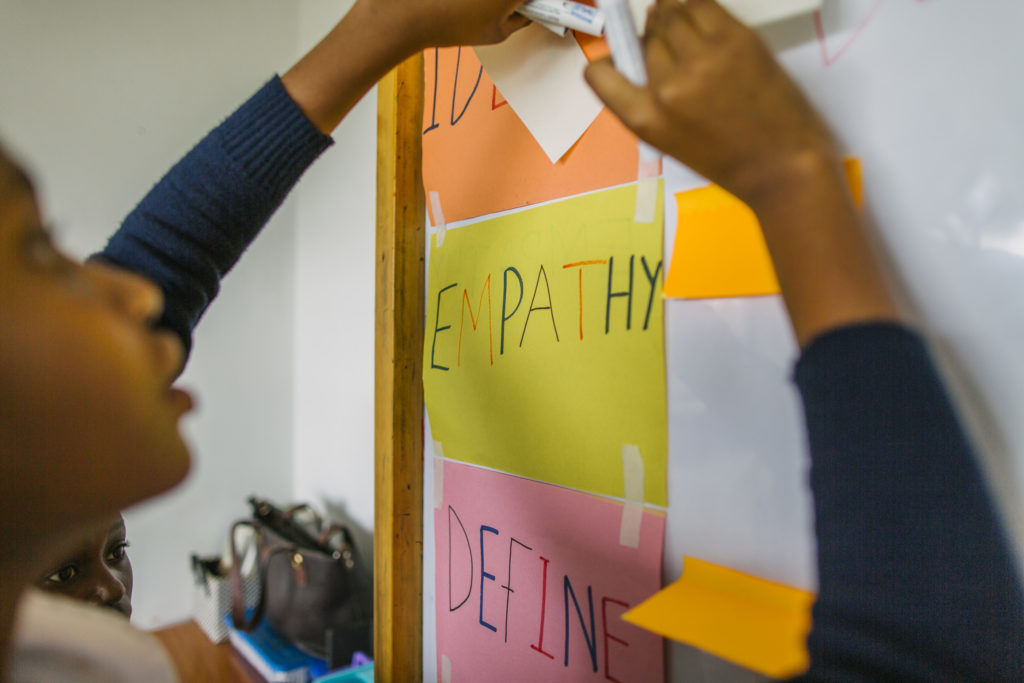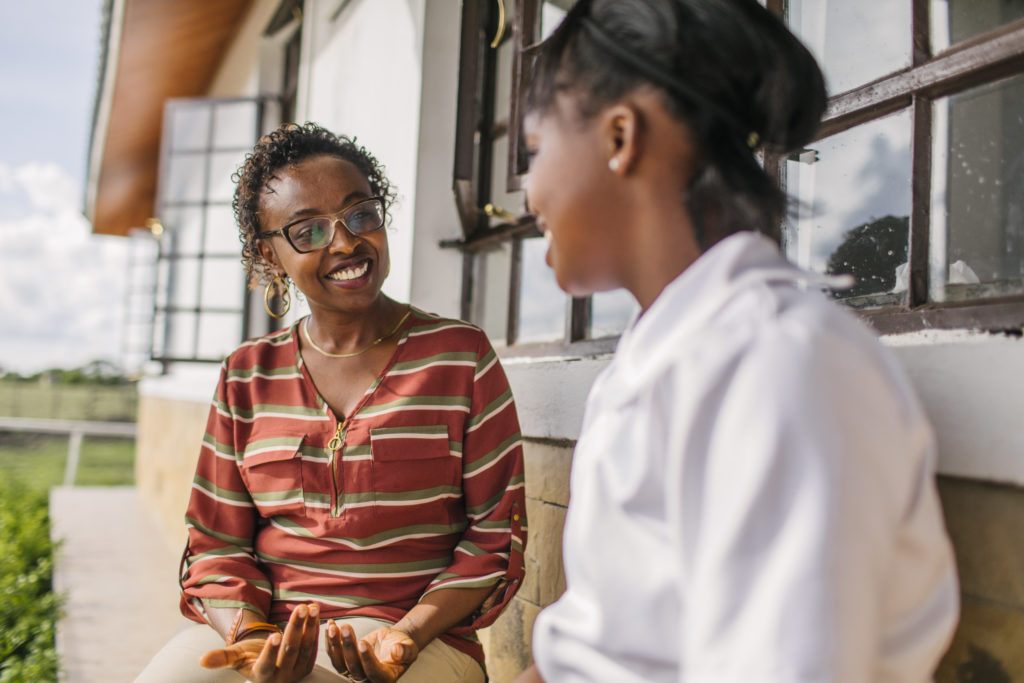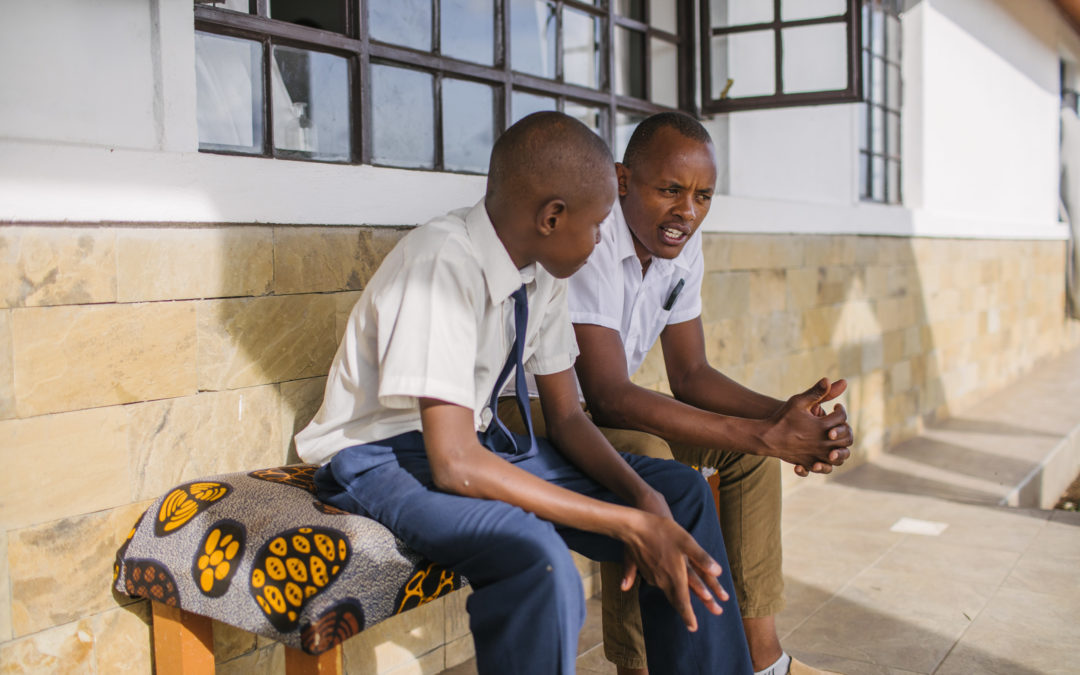What do you think of when you hear the words Trauma Informed approach? Many of us only think of trauma in regards to an ER visit or major world or life events that have those words echoing in our ears. For many in the US, it isn’t a daily occurrence. But, in the developing world, and especially for children in developing countries, trauma has been a part of daily life.
In 2020, the Kenyan Government launched the 2019 Violence Against Children Survey Report (VAC) and the 2019-2023 National Prevention and Response Plan based upon the report’s findings. Although progress had been made since the previous survey in 2010, the survey highlighted an increasing trend in physical and sexual violence against adolescent girls ages 13-17. Additionally, the survey uncovered the continued high presence of childhood violence – affecting nearly half of adolescent girls in Kenya and more than half of adolescent boys. Nearly one in six females experienced childhood sexual violence and slightly lower percentage of males had as well. (Unicef)
Most of the violence found is physical and commonly committed by parents and caregivers. Many of these children have also witnessed physical violence done to another member of their family.
It is no surprise that violence was found to significantly affect the mental health of children, in Kenya, and worldwide.
Unfortunately, with mental services and trauma counseling being widely difficult to find and access, especially in rural areas of Kenya, these traumas most often go unaddressed and manifest throughout ones life. You can go as far as to look at the history of Kenya…its leadership, and the corruption that exists within the government. One could assume there was unresolved trauma in the lives of numerous leaders throughout the years.

At Canopy Life, our goal that drives everything we do is to create Godly, innovative leaders and entrepreneurs. Our vision is that they become a force of change in their community, and hopefully, in their country at large. We knew that wouldn’t be possible without counseling. Trained professionals help our students walk through their story and develop tools and strategies to manage their emotions.
To stay trauma informed, we partner with Kutoa Project in Nairobi.
Healthy, and more importantly, Godly leadership is really only possible when a student is counseled holistically. This means helpling them become emotionally, spiritually, and physically healthy.
The team at Kutoa Project in Nairobi, Kenya, has been a huge force in helping equip our staff with the tools they need to create a nurturing home-life, a trauma informed approach, for our students.

Organizations like Kutoa Project and Canopy Life recognize the importance of focusing on emotional health. Our hope and prayer is that one day trauma counseling becomes so mainstream you would see the impact on the leadership of the country.
You would see a difference from a generation who know their emotional health is crucial to who they are as a leader.
If you are interested in learning more about emotional health and what organizations like Kutoa and Canopy Life are doing to change the status quo – check out this podcast from 2020. We discussed all these topics with the Founder of Kutoa Project, Shaé!
“We lead more out of who we are than out of what we do, strategic or otherwise. If we fail to recognize that who we are on the inside informs every aspect of our leadership, we will do damage to ourselves and to those we lead.”
– Peter Scazzero, The Emotionally Healthy Leader
